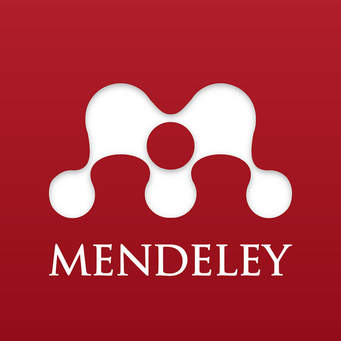Online Submissions
Already have a Username/Password for Jurnal Gizi Prima (Prime Nutrition Journal)?
Go to Login
Need a Username/Password?
Go to Registration
Registration and login are required to submit items online and to check the status of current submissions.
Submission Preparation Checklist
As part of the submission process, authors are required to check off their submission's compliance with all of the following items, and submissions may be returned to authors that do not adhere to these guidelines.
- The submission has not been previously published, nor is it before another journal for consideration (or an explanation has been provided in Comments to the Editor).
- The submission file is in OpenOffice, Microsoft Word, RTF, or WordPerfect document file format.
- Where available, URLs for the references have been provided.
- The text is single-spaced; uses a 12-point font; employs italics, rather than underlining (except with URL addresses); and all illustrations, figures, and tables are placed within the text at the appropriate points, rather than at the end.
- The text adheres to the stylistic and bibliographic requirements outlined in the Author Guidelines, which is found in About the Journal.
- If submitting to a peer-reviewed section of the journal, the instructions in Ensuring a Blind Review have been followed.
Copyright Notice
Upon the acceptance of the article by the Editorial Board of Jurnal Gizi Prima (Prime Nutrition Journal) and the decision to publish it, the copyright for the article will be transferred to Jurnal Gizi Prima (Prime Nutrition Journal), published by Poltekkes kemenkes Mataram. Poltekkes kemenkes Mataram as the publisher of Jurnal Gizi Prima (Prime Nutrition Journal) holds the copyright to all published articles in this journal.
Privacy Statement
The names and email addresses entered in this journal site will be used exclusively for the stated purposes of this journal and will not be made available for any other purpose or to any other party.





